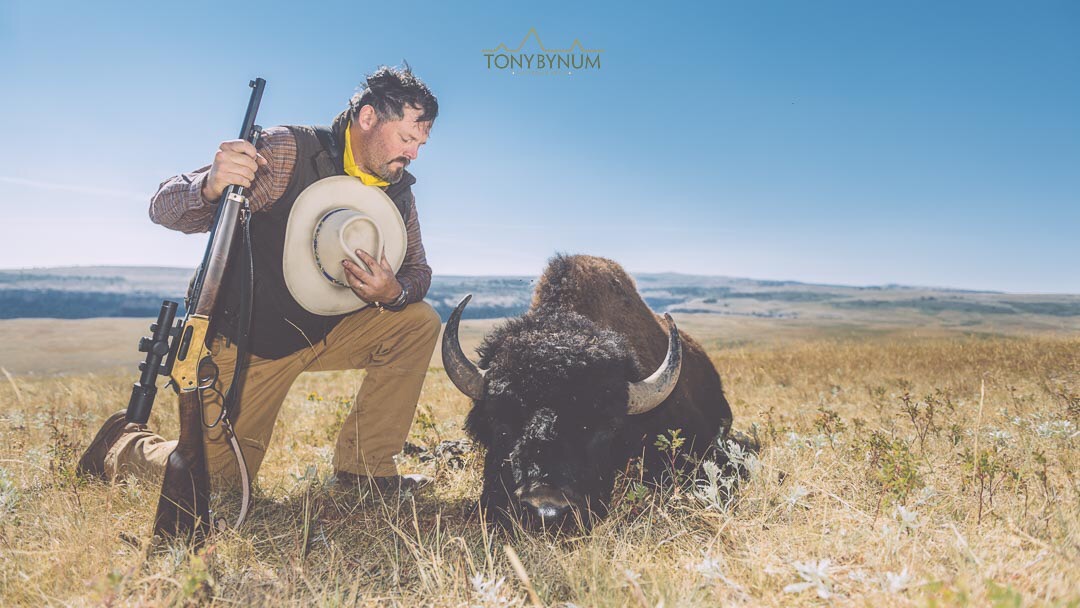
Urban Elites #bantrophyhunting
- Tom Opre
- Jun 1, 2025
- 2 min read
Updated: Jun 2, 2025

“I have never seen, read, or heard any evidence that trophy hunting was ever part of an indigenous culture nor that this industry benefits rural South Africa to any great extent.”
— Defenders of Wildlife anti-hunting advocate
First, let’s correct their premise: there’s no such thing as “trophy” hunting. That’s a political label created to stir emotion, not convey truth. Hunting is hunting. You cannot define a practice that’s fed, clothed, and sheltered human beings for millennia by motivation. Indigenous people the world over—Africa included—have always used the horns, skulls, hides, and bones of animals to mark their culture, honor the hunt, and pass down knowledge. Walk into any village, longhouse, or hunting camp from the Yukon to the Kalahari and you’ll see the same thing: respect for the animal and what it provided.
They also claim there’s “no benefit” to rural South Africans from modern hunting. That’s just false.
Let’s talk about reality on the ground. Urbanized elites may not like the optics of a hunter posing beside a dead animal. But the alternative isn’t utopia—it’s loss. Loss of habitat. Loss of species. Loss of livelihoods.
Modern regulated hunting—what they dismissively call “trophy hunting”—generates an estimated $250 to $500 million in economic impact across sub-Saharan Africa annually. That money doesn’t just disappear into a minister’s ledger. It goes to trackers, anti-poaching scouts, game meat for villages, job creation in places with no other industry, and real incentive for local people to tolerate—and even steward—wildlife that otherwise competes with their crops, kills their livestock, or threatens their families.
It’s not about how much money is made. It’s about where and how it’s spent.
They want to devalue these animals, strip local communities of their rights, and push an urban moral framework onto rural Africans who never asked for your permission. You’re not defending wildlife—you’re disempowering the very people who live alongside it. And when people lose their ability to benefit from wildlife, they lose the reason to protect it. That’s when the killing starts—not regulated hunting, but bushmeat poaching, poisoning predators, and wiping out herds for safety or desperation.
They say they care about animal life—but their policies lead to more death.
And let’s not dance around this either: the collapse of hunting economies in places like Zambia and Tanzania has led to child brides, forced labor, and mass wildlife decline. When rural people can’t feed their families, they’ll do whatever they must to survive.
So before they get back on your moral high horse, maybe they should ask themselves:
Are you really helping wildlife? Or just making yourself feel better while others suffer the cost?
With 8.1 billion people on this planet, wildlife must have a value to survive. That value must reach the people who share the land with it—not urban NGOs, not campaigners in Washington or Brussels.
They don’t have to like hunting. But they also don’t have the right to destroy the rights and dignity of rural people—just because they’re uncomfortable with the truth.
—Tom Opre






Upgrade your cowboy wardrobe with Rip Wheeler Merchandise. Shop now at Rip Wheeler Outfit.